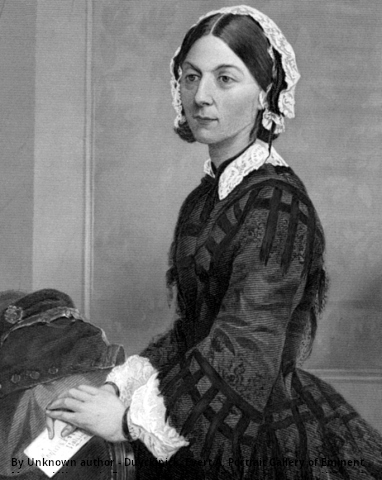Equine flu fears forced the Royal Welsh Show organisers this year to bar all unvaccinated horses from entry (we looked at animal vaccination rates on this blog two weeks ago). Organisers had debated whether to ban the horse section entirely. One Welsh horse show cancelled its entire event. This was upsetting as the show had been running since the 1880s, but it was the responsible move.
There have been over 200 cases of the flu this year. At one stage horse racing stopped for a week, with stables in lockdown. The New Forest Show, in Hampshire, has banned unvaccinated horses from entry. The disease is highly contagious, spread through coughing droplets into the air, putting the 3000 New Forest Ponies at risk. Equine flu can be fatal to unvaccinated horses such as these.
The Vet Times has this to say:
“Mixing of unvaccinated horses and no mandatory vaccination requirements at some events were among the main reasons for outbreaks of equine flu in the UK. This was the conclusion of a meeting of experts, who also highlighted poor application of biosecurity, new arrivals not being quarantined and the clinical signs not being caught early enough as significant factors.”
The British Horse Society includes this advice in its latest guidance notes:
“We also remind owners of the importance of vaccinations and to ensure that their vaccination records are up to date. The vast majority of confirmed cases reported by the AHT are in unvaccinated horses. We continue to recommend that if it has been longer than six months since the last vaccination, owners should discuss a booster with their veterinary surgeon.“




